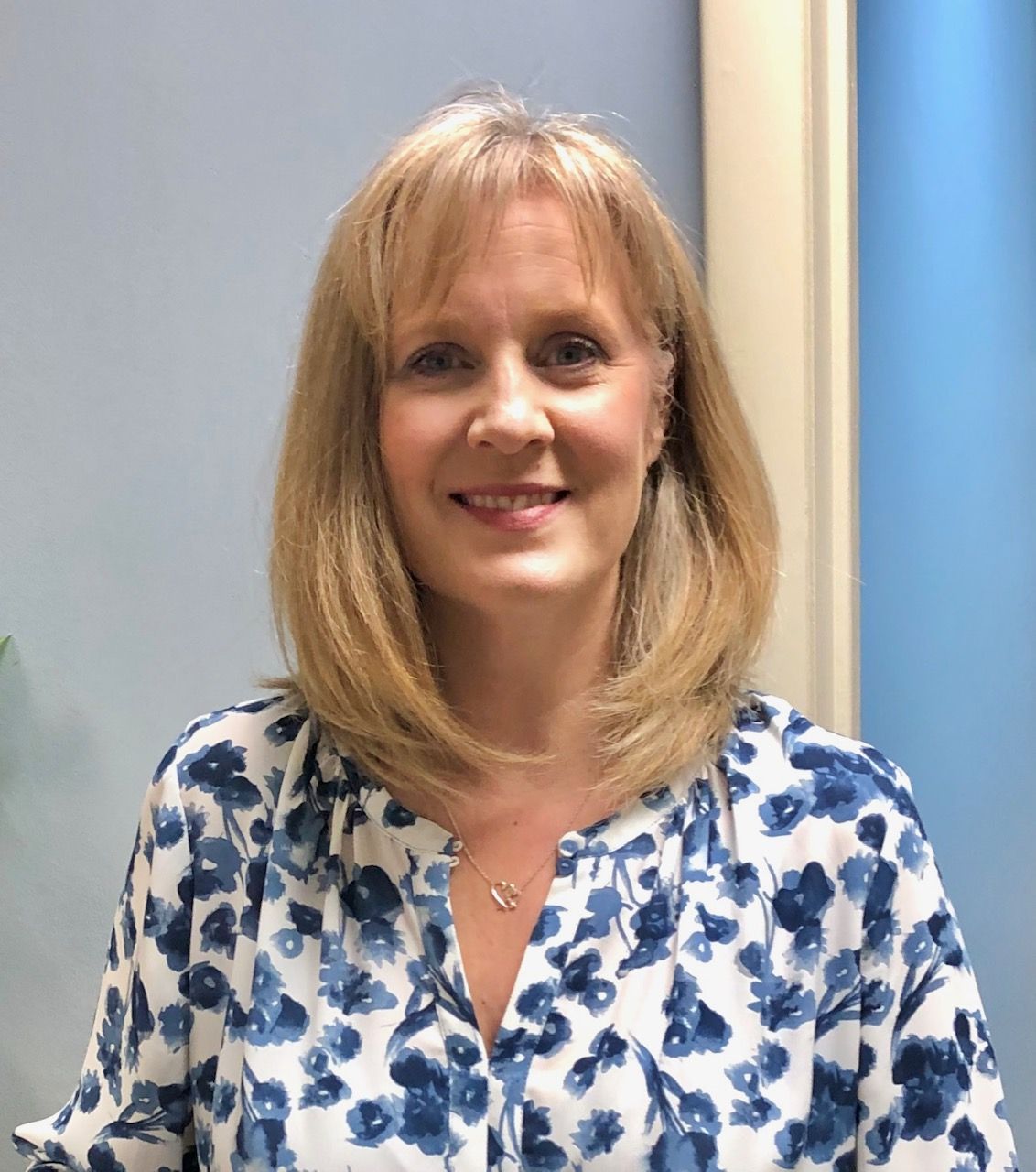About
Bloomington Neurofeedback

Rhonda J Souder, Ed.S., NCC, LMHC, BCN
As an undergraduate student at Murray State University in the late 80s, my favorite class by far was physiological psychology–the study of brain structures and functions. I was very intrigued with how the brain supports the mind and behavior. I enjoyed research and won the Kentucky Academy of Sciences award for research in the Psychology Division in 1989.
In graduate school at the University of Louisville, I found a love for working with individuals and couples as well as a love for assessment and testing. I began pursuing counseling rather than research – diving deep into family systems work as well as psychological testing. I completed one internship at the Veteran’s Administration in counseling and another internship providing neuropsychological testing.
I started my professional career as a counselor at the University of Evansville and worked with traditional college-age students, faculty and staff. I thoroughly enjoyed the energy of the undergrad students, and I also enjoyed teaching a few classes. I loved creating and presenting workshops for groups on campus about mental health concerns in addition to my regular counseling appointments.
After having two children, my husband and I moved to Columbus, IN where I worked with clients at Personal Growth Associates, a division of Quinco, a community mental health agency. Following another move, back to Kentucky, I began counseling in a private practice – The Offices of Paul Dalton in Frankfort, Kentucky, and there I realized that private practice was definitely for me. I enjoyed working with individuals but also pursued specialized training in Gottman Method Couples Counseling. While not certified, I do have extensive training in his method which I have used on a weekly basis since.
After moving to Bloomington in 2014, I joined the private practice of New Outlook Counseling Center and was there for 6 years. My children both graduated from Edgewood High School in Ellettsville and have gone on to college. My daughter is completing a PhD program in Biochemistry at Purdue University where her husband is a researcher for the Dietetics Program, and my son is studying Government as an undergrad at Harvard University (you can ask me more, but be prepared – I love to talk about my kids!) … My husband, Chuck, and I have been married 30 years as of December 2020. It takes a lot to keep a marriage together for 30 years, trust me, we know.
So why neurofeedback? While listening to the book “The Body Keeps the Score” by Bessel Van Der Kolk, I was struck by the honesty he relayed. This expert in the field of trauma work, a Harvard-trained psychiatrist, was acknowledging the fact that very good therapy can go out the window when the nervous system is on high alert. Many of the good coping skills that are learned and practiced in traditional talk therapy can be rendered useless when the nervous system is hijacked. It validated not only what I have seen in my own practice, but also what I experience in my own life. My own nervous system and that of my clients can be hijacked at the exact moment we want or need to implement those coping skills or relational skills. The idea that the brain (nervous system) could derail a person is mirrored over and over in research literature – Gottman, Porges, Fisher, and Sterman, to name just a few.
The brain works both electrically and chemically. Medication helps many people, but generally psychotropic medication does not heal the brain the way, say, an antibiotic cures strep throat. The medication must be continued, tends to lose effectiveness and must be titrated up, often has side effects, and it doesn’t work for everyone.
What if there was a way to monitor and train the electrical patterns in the brain to do the healing? What if the brain could learn to self-regulate and balance? What if a person could be an active part of their own healing without medication or with less medication? That is exactly what we find with Neurofeedback. Van Der Kolk goes on to devote an entire chapter to the research and efficacy of Neurofeedback. It was an “aha moment” for me due to my early love for brain structure and function as well as my leaning toward assessment.
Since that time, I’ve been in continual learning mode. There is no shortage of research (Research/Resources). In 2012 the American Academy of Pediatrics named neurofeedback as a top tier treatment for ADD/ADHD. Its efficacy for a multitude of other conditions is remarkable and exciting.
I’ve told my clients for years that my goal is to work myself out of a job. Basically I want them to develop the kind of life they want, the kind of results they want, and not need to see me after treatment is complete. I am so thoroughly confident that Neurofeedback can help accomplish this, that I left a comfortable private practice to start Bloomington Neurofeedback. I am Board Certified in Neurofeedback from the BCIA (Biofeedback Certification International Alliance), as well as an active member of the ISNR (International Society for Neuroregulation and Research) and the AAPB (Association for Applied Psychophysiology and Biofeedback). I am a certified provider for the Safe and Sound Protocol as well as a certified provider for HeartMath.
I’m glad to offer this glimpse into my journey, and I’m excited and honored to join you in yours.